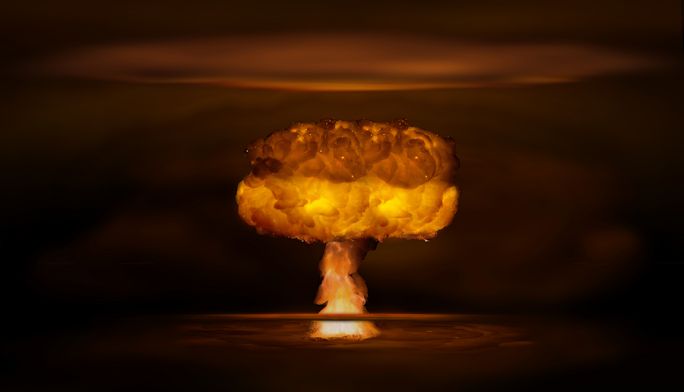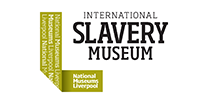Thinking about meaningless history
by Goki Atoyama, Ritsumeikan University
My research theme is cultural memory of the Hiroshima atomic bomb and how it is formalized and changing . In Japan, research on collective memories is not flourishing which is one of the reasons I chose to participate in the RENKEI PAX workshop held in Liverpool which featured scholars at the forefront of memory research. My research is about trying to find memory within particular objects and is based on the approach of cultural memory which was established by archaeologists.

Image: Atomic bomb via [Thinkstock Photos]
The connection between the workshop and my research theme is encapsulated in the distinctions between the terms ‘history’ and ‘memory’. In the workshop, the sessions were focused on the history or memory of slavery. This approach is similar to mine on the memory of the atomic-bomb and Hiroshima. However, I also found there were huge differences. For example in my research, I am not interested in how people can pass the memory of historical event to the next generation, rather I am interested in the differences between history and memory. Furthermore in my research I will be focusing on a particular characteristic of memory - that memory is not always related to history but it was often used as a tool to deconstruct the historical event in academic fields, especially sociology or history.
I think research about the differences between history and memory is important and the subject has been explored by many sociologists and historians since the 1980s. Although there are a huge number of previous studies on this theme, questions remain. I felt that the speakers at the workshop often used both two terms interchangeably, but the idea of history, the historical event or something which is called ‘historical’, is central and is surrounded by memory which has greater distance from the event, and therefore is unhelpful in solving the complicated problems of historical trauma, I think this is because ‘memory’ is not usually related to the historical event and it is meaningless to most people, excluding particular individuals that have direct experience of something. Accordingly I would like to think about the ‘meaningless-ness’ of the historical event where the tool of thinking is memory.
The reason why I stick to the differences between history and memory is based on my own experience. When I was a kindergarten child, my grandmother often told me the story of her experience of the A-bombing on Hiroshima although she herself was not exposed to radiation. Her story was always started with ‘A-bombing day was..’ but in her story, there is the important point that she did not initially notice the huge cloud was related to ‘A-bombing’- she thought the cloud was the explosion of a substation. Therefore, she only realized that the cloud occurred due to the atomic bomb after WW2 but nevertheless she related her experience as the A-bombing on Hiroshima. This interesting story was also written in the manga and animation film ‘In This Corner of the World’ by Fumiyo Kono, a manga writer from Hiroshima. So, the story of my grandmother’s experience is not rare. My argument is that her memory was changed after the event by her knowing the correct information.
In memory studies this phenomenon is called presentism. However, I think presentism loses the original meaning of the memory and memory tends to be related to the historical event. My research is based on this question. So in conclusion, I want to claim that the importance of thinking or researching about memory is how we keep the meaninglessness of the memory through arguments that are strongly related to historical events.

